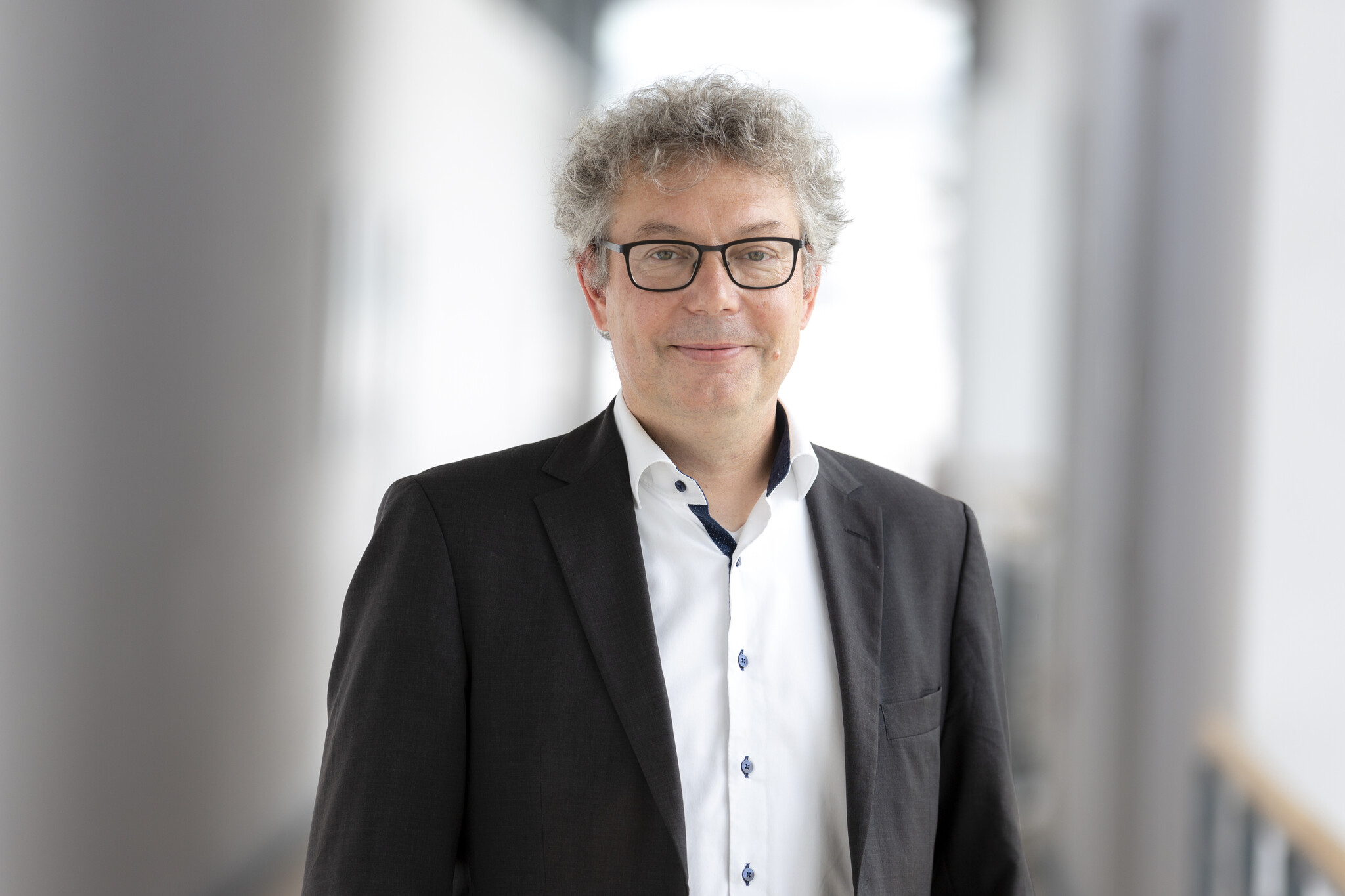Peter Schossig from Fraunhofer ISE Appointed as Heat Pump Expert in IEA Panel
Dr. Peter Schossig, Division Director Thermal Systems and Building Technology at the Fraunhofer Institute for Solar Energy Systems ISE, has been appointed as an expert to the Collaboration Programme on Heat Pumping Technologies of the International Energy Agency (HPT IA). He represents Germany as an alternate delegate to the Executive Committee. Heat pumps are one of the key technologies for achieving a net-zero emissions target by 2050, according to the IEA.
Heat pumps are one of the leading topics of the Fraunhofer Institute for Solar Energy Systems ISE, as they represent an essential element of the heat transition and will take on a leading role in heat generation. "In this respect, the German research landscape and industry benefit from the consistent and constant funding of heat pump research by the Federal Ministry for Economic Affairs and Climate Action. One example is the LC150 funding project of the Federal Ministry of Economics, in which Fraunhofer ISE, supported by a broad industry consortium, is developing a refrigerant-reduced refrigeration cycle for propane," explains Dr. Peter Schossig.
IEA: Heat pumps will become the dominant heating technology
The IEA's special report "Net Zero by 2050" is the world's first comprehensive study on how to transition to a net-zero energy system by 2050 while ensuring stable and affordable energy supplies, ensuring universal access to energy, and enabling robust economic growth. The path to the net-zero emissions goal is narrow and will require an unprecedented transformation in the way energy is produced, transported, and used around the world. Heat pumps and efficient cooling technologies have an important role to play in achieving this goal. According to the IEA, key milestones include no more fossil-fuel boilers being sold by 2025 and 50 percent of heating demand being met by heat pumps by 2045. "High-efficiency electric heat pumps will become the dominant technology for space heating," the IEA states in its report. The installed base of heat pumps must increase from 180 million units in 2020 to 600 million units in 2030 (more than a fourfold increase) and then increase tenfold to 1800 million units in 2050. The share of electrically heated buildings will increase from 20 percent today to 35 percent in 2030 and 55 percent in 2050, it said.
Last modified:
